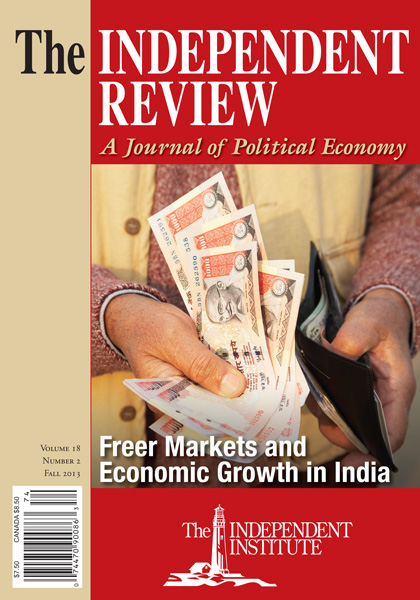Led astray by Marxist and Keynesian dogma, the literature on the origins of the permanent war economy has overlooked a leading cause of the elevated levels of U.S. military spending since the end of World War II: the economic rents created by the federal government’s monopoly on national defense, and the pursuit of those rents by the labor, industry, and military lobbies. Although the permanent war economy benefits powerful special interest groups, it generates a significant negative externality by diverting resources from other, private uses.
Christopher J. Coyne is a Senior Fellow at the Independent Institute, Professor of Economics at George Mason University, and Co-Editor of The Independent Review. He is the author of the new book, In Search of Monsters to Destroy: The Folly of American Empire and the Paths to Peace.
Thomas K. Duncan is Mercatus Dissertation Fellow at the Mercatus Center, George Mason University.
American HistoryAntitrust, Competition, and MonopolyDefense and Foreign PolicyEconomic PolicyEconomyLabor and EmploymentLaw and LibertyRegulationTerrorism and Homeland Security
| Other Independent Review articles by Christopher J. Coyne | ||
| Spring 2024 | Murray Rothbard on War and Foreign Policy | |
| Fall 2023 | Kenneth Boulding: Knowledge, Conflict, and Power | |
| Summer 2023 | A Symposium on Gene Sharp’s The Politics of Nonviolent Action | |
| [View All (46)] | ||
| Other Independent Review articles by Thomas K. Duncan | |
| Fall 2014 | Torpedo: Inventing the Military-Industrial Complex in the United States and Great Britain |










